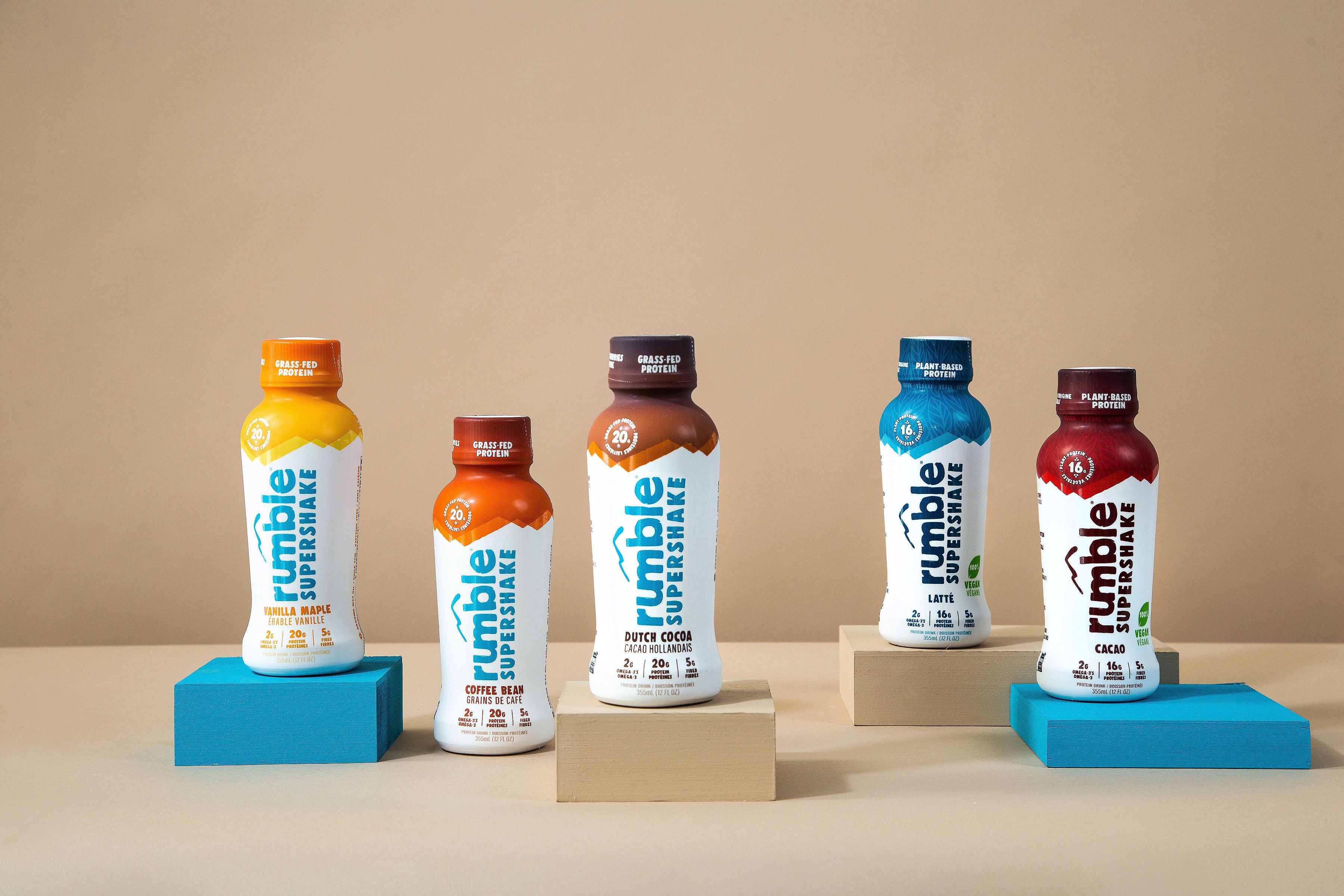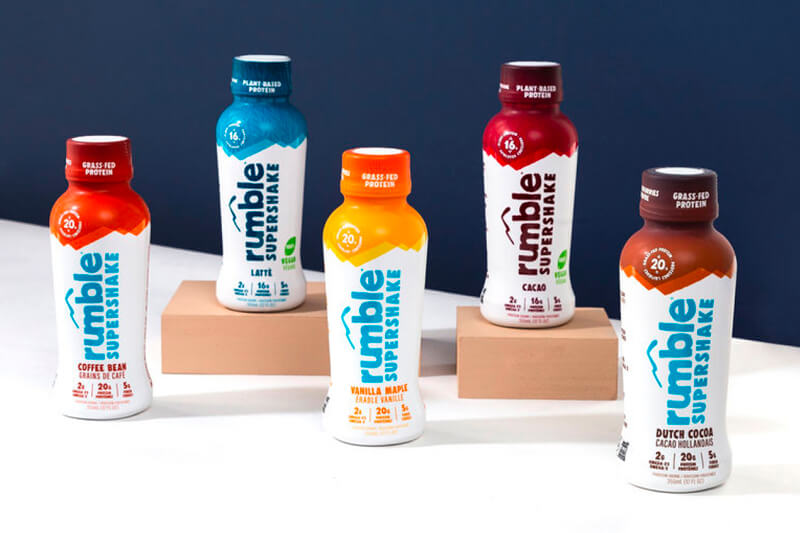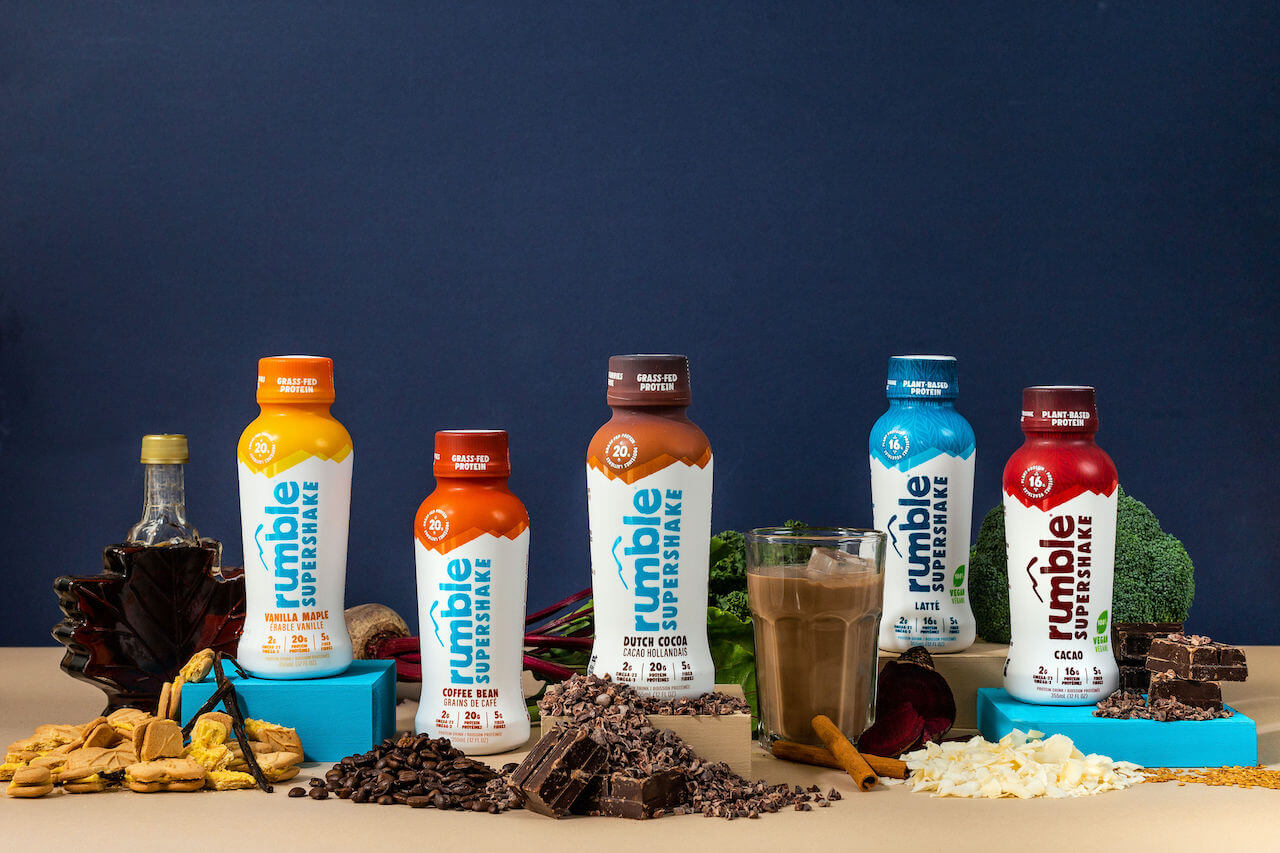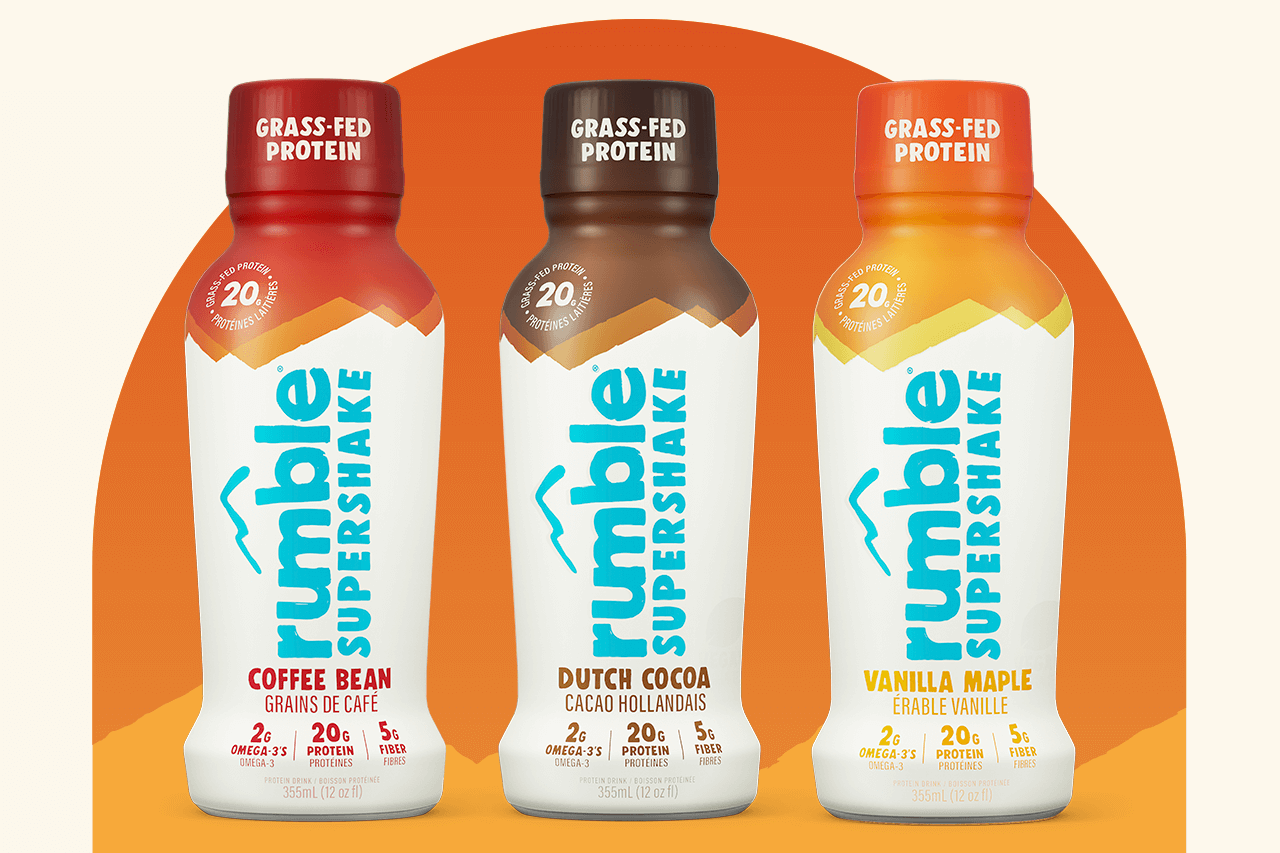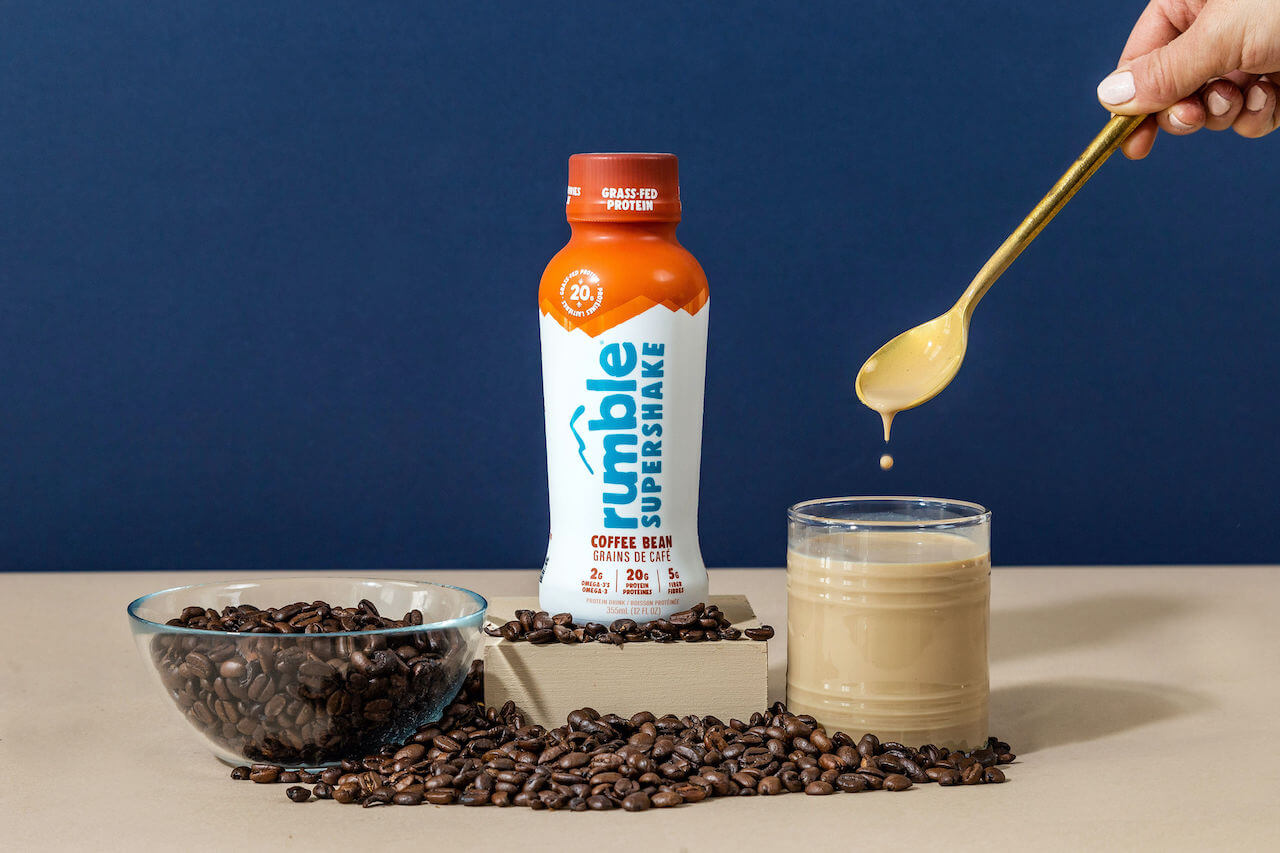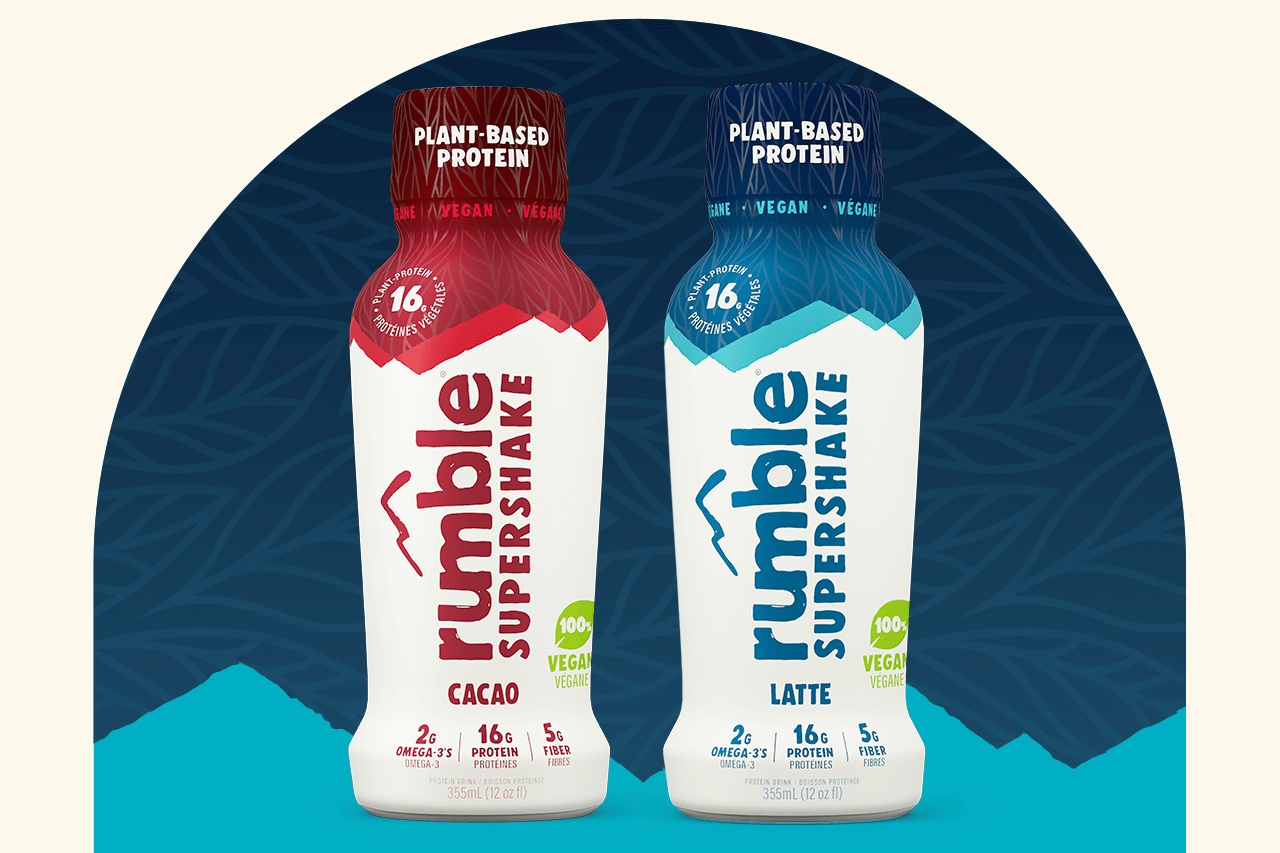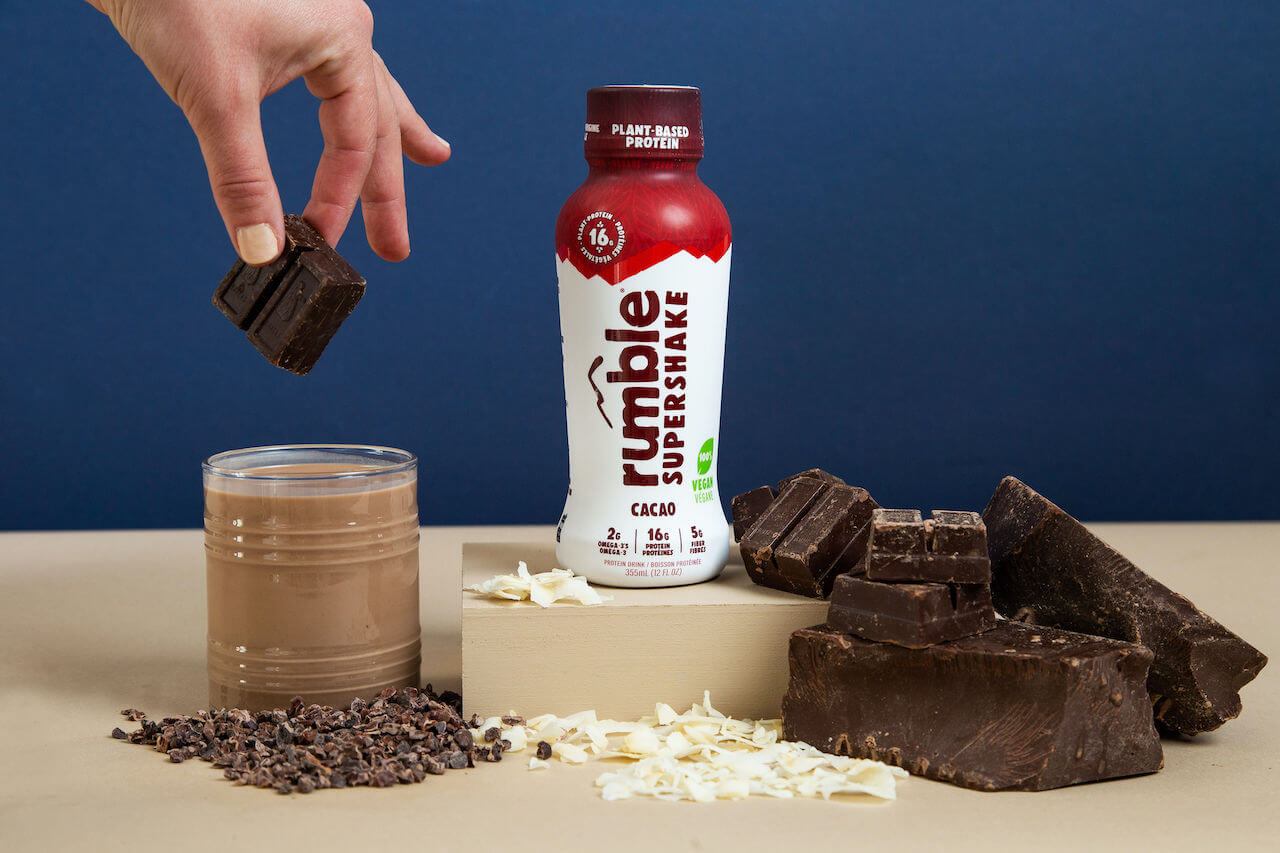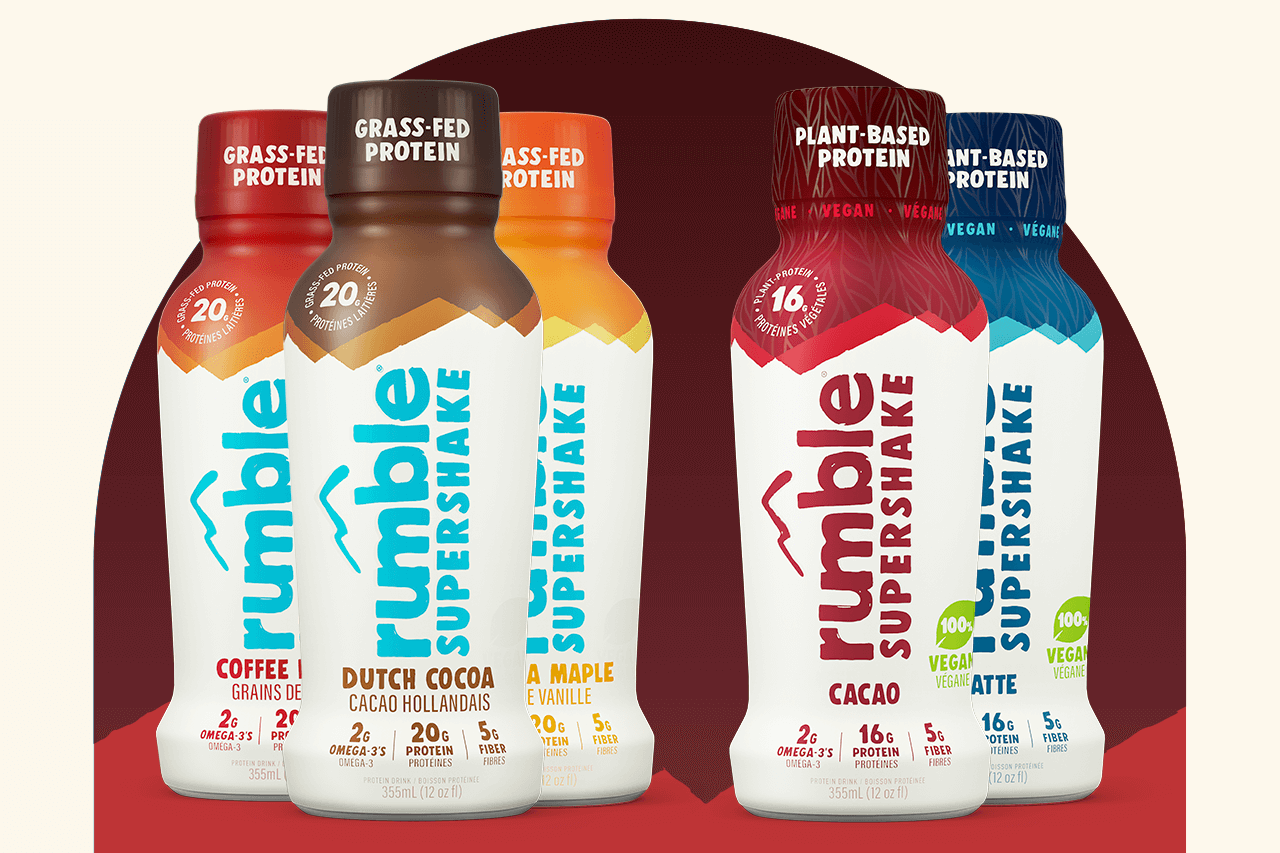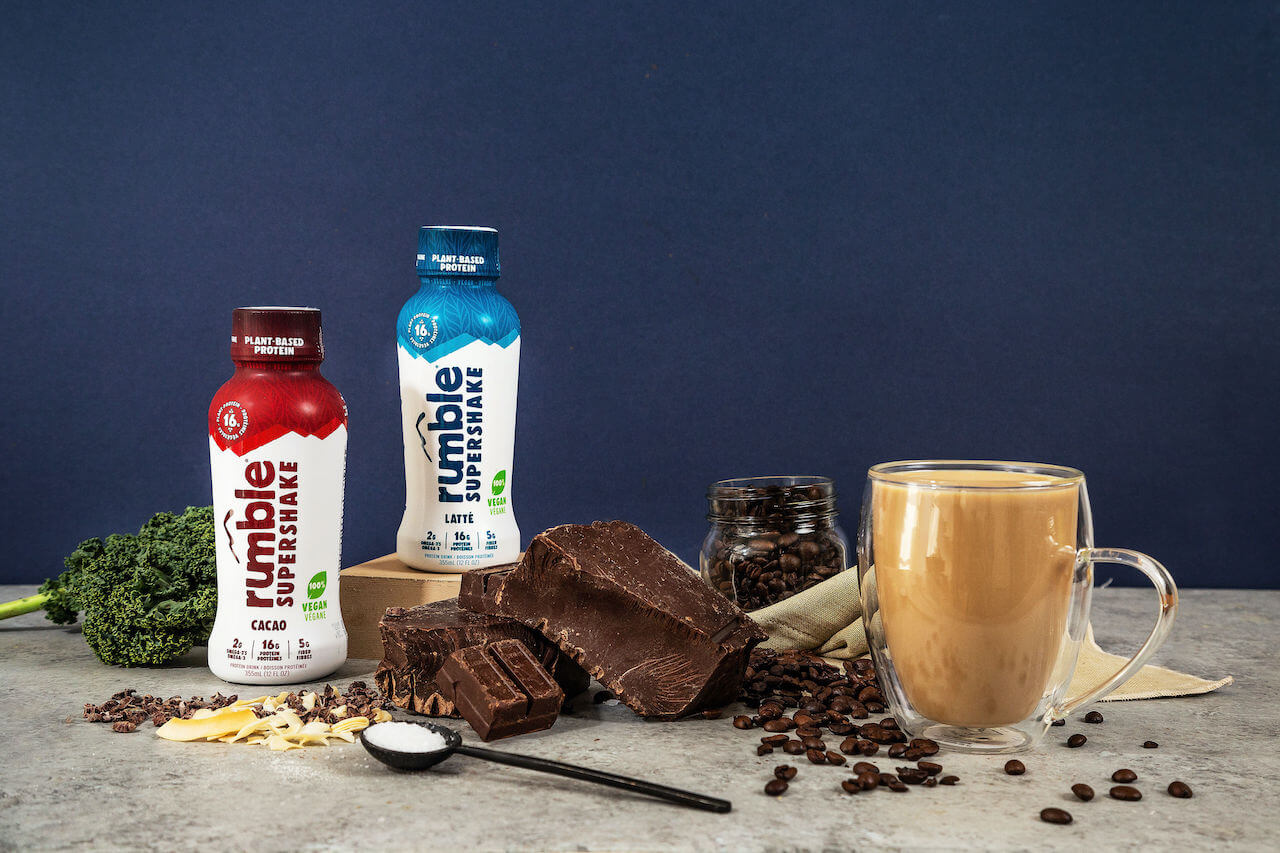There’s Power in Vulnerability: 4 Things About Mental Health That Rumble Ambassador Kendra Pomfret Wishes You Knew

Rumble ambassador Kendra Pomfret knows a thing or two about the stress and pressures of competitive sports. A former varsity track star, Kendra competed internationally following her time at UVic. After two years and countless procedures and operations spent trying to recover from a major achilles injury, she decided to step away from competition and return to school to dedicate herself to improving mental health services for athletes. She’s now completing a masters in counselling psychology.
Because the health of the mind is so integral to the health of the body, we asked Kendra to share more of her story, and tell us a few things she wishes everyone knew.
What inspired you to focus on mental health for athletes?
My own experience as a varsity student-athlete at UVic played a big role. My five years at UVic offered huge developmental growth, created opportunities to build and maintain life-long friendships, and built the foundation for me to understand what it would take and what my body needed to perform at its optimal level. I wouldn’t trade those years for anything, as I really believe they played a major role in who I am today. But emotionally, as high as the highs were, there were also some significant lows.
Serious athletes live very structured lives, with demanding training schedules and nutritional plans aimed at maximizing physical performance. Athletes are under immense pressure to perform - both externally, and internally. Add in the academic and social demands of university life for varsity-level athletes, and it’s easy to see how problems can arise.
As a varsity athlete, I took a lot of pride in being team captain, a top performer, the varsity counsel president, and someone the athletic directors often called upon to speak on behalf of the entire varsity-athlete population. With these roles, however, the internal pressure I put on myself to be “on” often led me to disguise symptoms of anxiety, depression, and PTSD. One of the major ways I hid my own mental health struggles, however, was by focusing on other people’s problems, and trying to help them in whatever way I could. I witnessed athletes, teammates, coaches, and even various staff members juggle numerous psychologically distressing events, experiences, and challenges. We had a network of close connections and people we could lean on and talk to, but in terms of in house, professional mental-health support, especially for athletes, there was next to none.
All Canadian university athletic departments competing in U-Sports have some form of hired physical/athletic/massage therapy support dedicated specifically to student-athletes, but this is not the case for mental health services. General student counselling services, while extremely valuable, often present long waiting lists as their demand is so high. Further, these services are not specific enough to meet athletes (or coaches) specific needs.
There are so many instances I can reflect on during my time at UVic which would have been made significantly easier had proper mental health support services been in place to support student athletes specifically.
The ripple effect of not having mental health support in place not only affects the athlete, but also the coaches (who are often not equipped to take on the weight of their athletes’ concerns), and the department heads (who have a reputation to maintain and often act in accordance of this reputation, which is not always in the best interest of the athlete). The interpersonal relationships between teammates are also affected, since athletes work to support one another, but are not trained to provide effective support, let alone treatment.

How do mental health and fitness interact?
Regular exercise is just as important for your psychological health as your physical health. Cardiovascular exercise works by increasing the rate of endorphins in your bloodstream, which can help to decrease symptoms of anxiety and depression, improve sleep, reduce stress, build self-confidence, create opportunities for social interaction/companionship, improve cognitive-functioning and performance (i.e. neurogenesis), and improve memory retention. I think it’s important to remember that incorporating regular exercise into your schedule does not mean the exercise has to be strenuous, especially when the goal is to benefit one’s psychological health or overall mood.
It’s ironic, because this is kind of the opposite of what you focus on in competitive sports. For so many years, my training schedule was so consistent, that I’ve had a hard time deviating away from the athlete “norm.” For example, I still wake up most Sundays and my first thought is, “Today = Sunday = long run… 60-95 minutes..” Despite multiple procedures, endless hours of rehab, and thousands of dollars spent on physio for my right achilles, the further irony is that it was my mental health that eventually led me to step away from competition. I got to a point where I was truly unhappy spending day after day in the pool or on the bike, often in isolation; I finally felt like, “this isn’t worth it anymore. I need a change. I have access to the best coach, physio, RMT, but I need a different kind of help.”
While it’s been an adjustment, it feels liberating to know that my day-to-day doesn’t have to look like it used to anymore. On days when I am feeling mentally exhausted from school work, or coming off a hectic shift at the hospital, for example, I still encourage myself to get outside and move my body. Getting a dog has certainly helped with that, and welcomed a new type of structure.

What barriers or challenges are there to better mental health services for athletes?
Financial barriers are certainly the biggest challenge right now when it comes to mental health services for athletes, and all people for that matter.
University athletic departments are not the only organizations who could be investing more in the mental health and wellbeing of their athletes - many Canadian Olympic athletes still live below the poverty line and balance multiple commitments while training. I see a huge opportunity for organizations and companies to prioritize counsellors and psychologists to the same degree in which they prioritize the staffing of physical therapists, RMTs, chiropractors, and other support services.
Athletes endure far more than the physical wear and tear on their bodies. In many instances, athletes are at an increased risk for developing various mental health illnesses, given the continually increasing and extraordinary pressures they endure. At the elite level, there needs to be a systemic top-down cultural shift which normalizes mental health support as automatic as opposed to afterthoughts or crisis management interventions. This shift needs to start with athletic directors, national and provincial sport bodies, and sponsoring companies, be normalized by coaches, and encouraged within team culture. Systemically, we have to start investing in the entire person, not just the part of the person that is the athlete.

What do you wish everyone knew about mental health?
- There is power in vulnerability.
- The ‘return on investment’ for your own mental health is limitless, but not always linear.
- It’s okay to talk about our challenges. Often the process of reaching out to a friend or family member, or making an appointment to see a professional prove to be most challenging for people who are living with mental illness. Continuing to standardize this process is key.
- I don’t necessarily believe that every person needs counselling, but I do believe that every person deserves access to it. I used to avoid it at all costs, and now I genuinely look forward to it; it’s like a massage for my brain.
Follow Kendra on Instagram and Twitter.
Do you have what it takes to be a Rumble Ambassador? Apply now!



